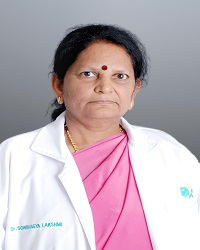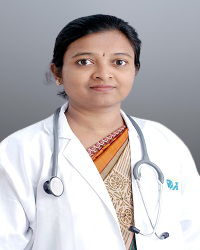Best Doctors for Endometriosis in Mysore
Endometriosis is a common and often painful condition affecting millions of women worldwide. It is characterised by the growth of tissue resembling the endometrium (the lining of the uterus) occurring outside the uterus. These growths, called endometrial implants, commonly occur on organs like the ovaries, fallopian tubes, and pelvic lining. Suspected to be linked to retrograde menstruation, this condition can lead to pelvic pain, heavy periods, and even infertility. Although it is a chronic disease, it can be managed with appropriate intervention.
In Mysore, many women consult specialists in endometriosis, to alleviate their symptoms. Apollo Hospitals in Mysore has become a preferred destination for these patients, due to its advanced facilities and skilled team of the best doctors specialising in endometriosis. In the next section, we will explore the different stages of endometriosis.









 Call Now
Call Now





